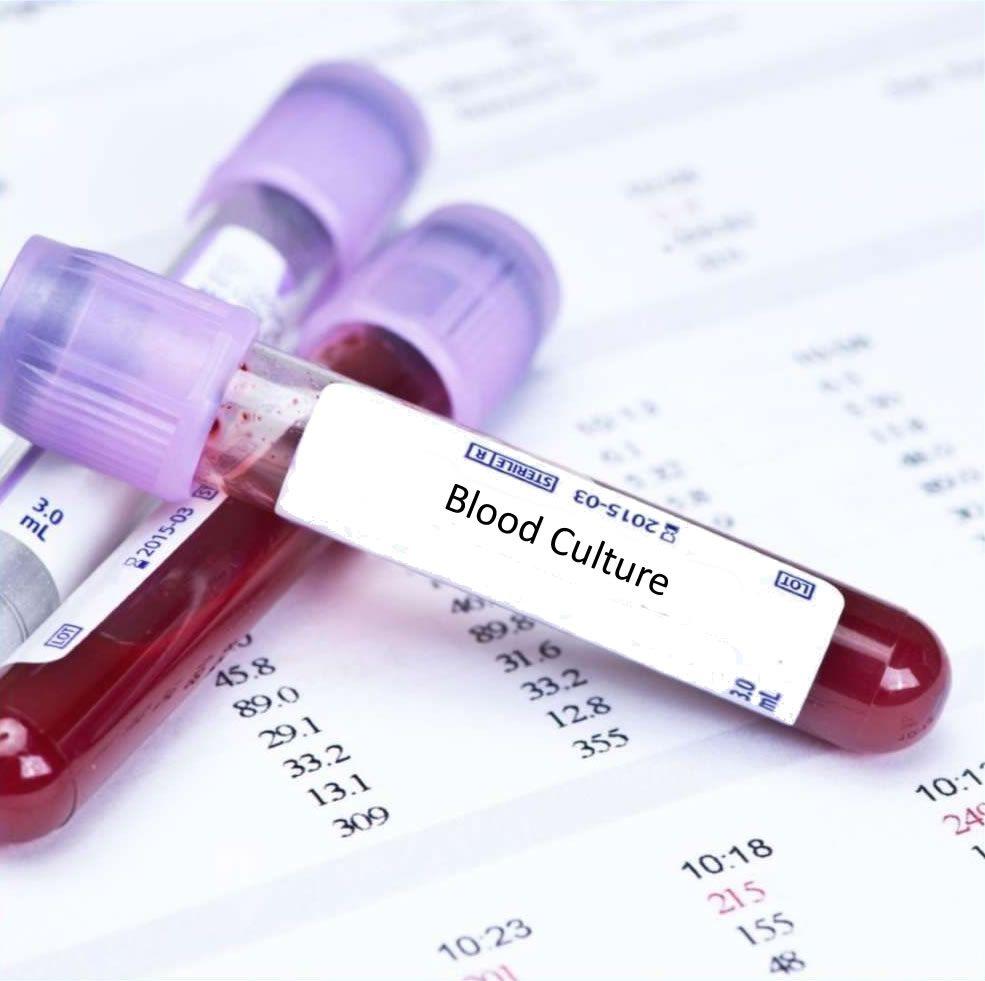A blood culture is a test that checks for foreign invaders like yeast, bacteria, and other microorganisms in a person’s blood.
Having these pathogens in the bloodstream can be a sign of a blood infection — a condition known as bacteremia, according to healthline.com.
A positive blood culture means that a person has bacteria in the blood, it says adding, “This type of infection involves the blood circulating within the entire body.”
According to healthline.com, bacteria that start on the skin or in the lungs, urine, or gastrointestinal tract are common sources of blood infections.
The infection can also spread to the blood and become systemic if it’s severe or if one’s immune system isn’t able to keep it contained, it says.
Systemic infection is also known as sepsis.
A blood culture test involves a simple blood draw.
Purpose of a blood culture
Blood cultures are asked when a doctor suspects a person may have a blood infection.
Therefore, it important to test for blood infections as they can lead to other complications. And, one such complication of a blood infection is sepsis, it says.
In sepsis, the pathogens causing the infection in the bloodstream interfere with the body’s normal defenses and prevent the immune system from working properly.
Likewise, the pathogens also produce toxins that can damage a person’s organs.
The results of the test can help a doctor determine which specific organism or bacteria is causing the blood infection and how best to combat it, according to healthline.com.
Symptoms of blood infection and sepsis
You should visit a doctor immediately if you’re experiencing any symptoms of a blood infection such as:
- Moderate or high fever
- Rapid breathing
- Muscle aches
- Shaking chills
- Increased heart rate or palpitations
- Excessive fatigue
- Headache
The following situations can also put you at risk for blood infection:
- You’ve recently had a surgical procedure.
- You’ve recently had an infection.
- You’ve had a prosthetic heart valve replacement.
- You’re undergoing immunosuppressive therapy.
Potential risks of a blood culture
Complications one may experience from the test only occur when one gives blood.
(healthline.com)









Comment